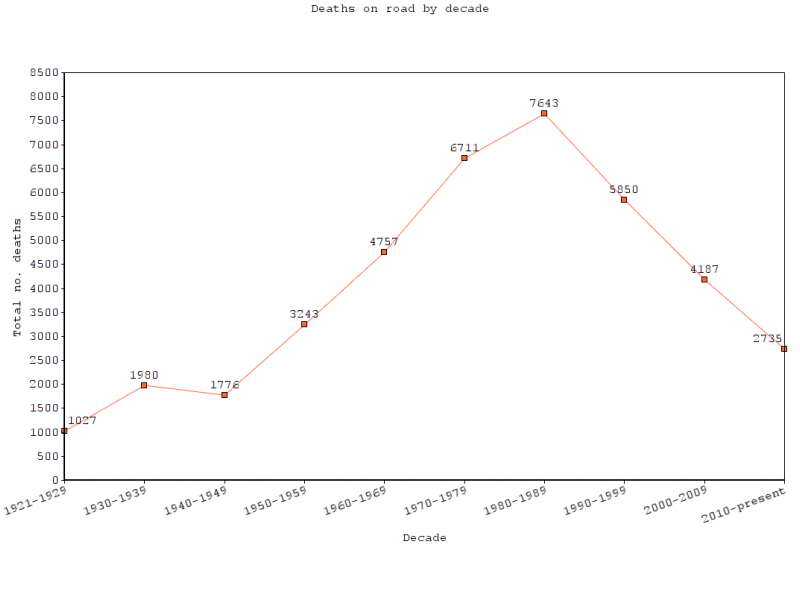In December, Associate Transport Minister Julie-Ann Genter announced the government would pour an extra $22.5 million on improvements to State Highways around the country starting in February this year.
“The number of people losing their lives on our roads has increased every year for the past five years.”
She said the government will review speed limits on high-risk roads would be reviewed.
“Next year (2018), the Government will further increase funding for road safety improvements as we revise the overall transport budget.”
Back in 2013, the National Government of the time said it’d spend $10 million, over the next decade setting up new speed safety cameras all over the country.
Since 2013, the average amount of deaths has risen to 329.
Adding to that, every single year since 2013, the number of deaths on our road have increased. Last year, the largest number of deaths on our roads since that announcement was made.
There have been funds and plans put aside to improve our roads, and some of these plans are already in place, but why are we seeing more and more deaths on our roads?
Sergeant Nigel Price, of the New Zealand Police, blames three key things that contributed to most car crashes in our country.
Speed, Alcohol (including drugs) and distractions.
He says most drivers behind the wheel of a car have the “it won’t happen to me” mentality. Meaning that as motorists, many of us are over-confident and and believe because we drive safe that we won't be involved in a car crash.
Sergeant Price has attended many crashes during his 19 years with the Serious Crash Unit, and says nothing's changed during that time. He's still seeing the same things he did, when he first started out.


